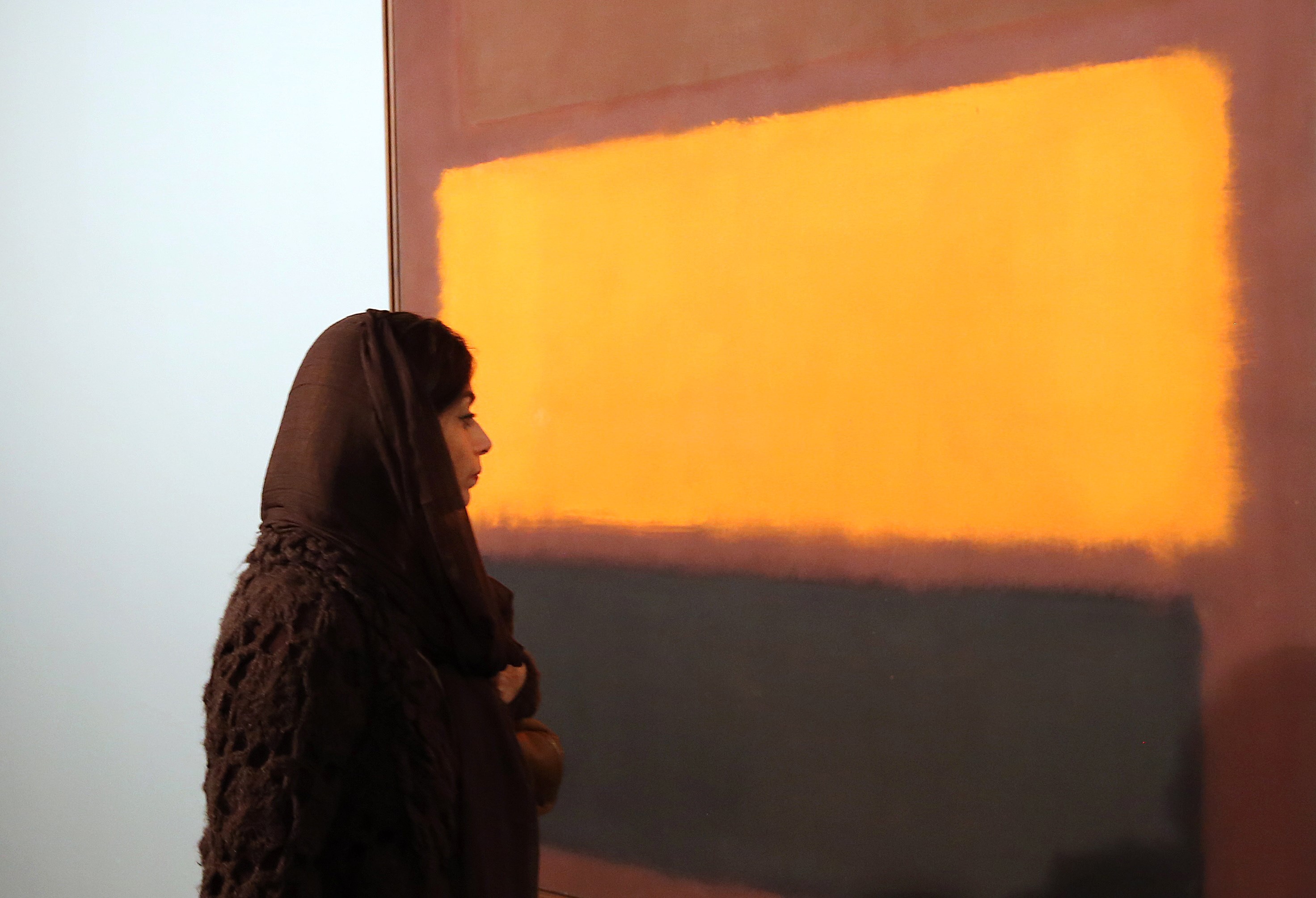
The Berlin museums authority announced today that the much-anticipated exhibition of highlights from the Tehran Museum of Contemporary Art will not take place in the German capital.
According to a statement by Hermann Parzinger, president of the Prussian Cultural Heritage Foundation (SPK) that manages the Berlin museums, Iran hasn’t granted permission to export the artworks. After delays, the exhibition was supposed to open at Berlin’s Gemäldegalerie in early January 2017.
The cancellation comes after months of negotiations to bring the legendary collection to Berlin in what would have been its first showing outside of Iran since the 1979 Islamic Revolution.
The agreement was, at first, celebrated—and then criticized—as a gesture of cultural diplomacy. It was agreed upon by Iran’s former culture minister, Ali Jannati, and German foreign minister, Frank-Walter Steinmeier, during a state visit to Tehran in October 2015.
Farah Diba Pahlavi, the glamorous wife of the last Iranian shah, Mohammad Reza Pahlavi, was largely responsible for amassing the Tehran collection, which is said to be the largest collection of Modern art outside the US or Europe. Throughout the 1970s, she worked with unnamed buyers to purchase works by Claude Monet, Francis Bacon, Pablo Picasso, Max Ernst, Georges Braque, Alberto Giacometti, Jackson Pollock, Mark Rothko, Donald Judd, Andy Warhol, René Magritte, Duane Hanson, Chuck Close, and many others, with the aim of opening a museum in Tehran.
The Tehran collection officially opened in 1977.
Some 60 artworks were meant to be shown in Berlin, but days before the initial opening date, which was slated for December 4, it was announced that the paintings weren’t allowed to leave the country, frustrating German culture authorities. Rescheduled for January 1, 2017, the works have not yet left Iran, leading the Berlin museums to call it off entirely.
“Any additional delays in the museum’s exhibition schedule,” said Parzinger, “were not justifiable.”